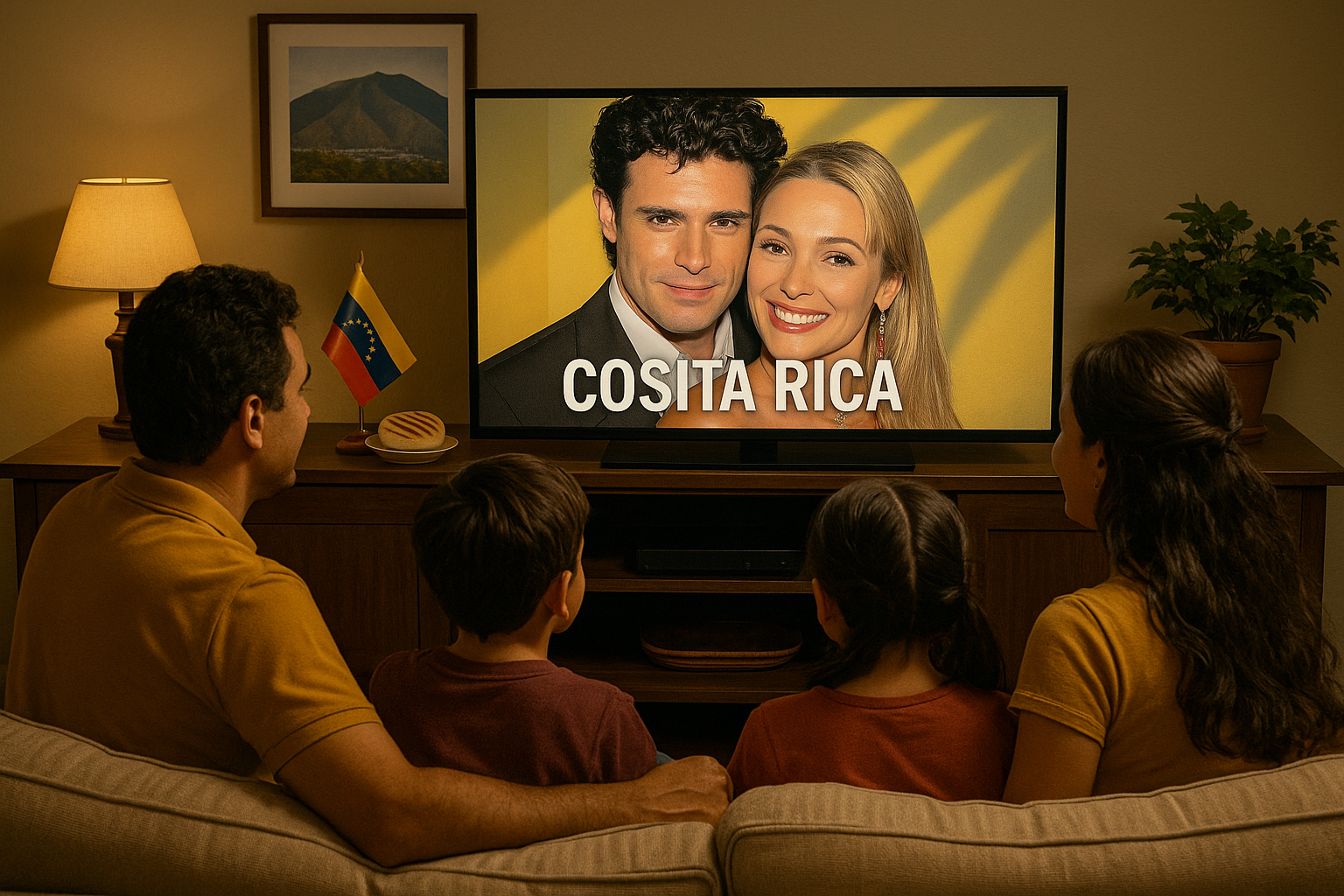Since I can remember, I grew up watching telenovelas at home in Venezuela. I dreamed of being an actress, so I’d often picture myself on screen, bringing to life the hyper-dramatic and convoluted storylines that defined so many of our evenings. These shows didn’t just entertain, they reflected and reinforced our culture. The actors spoke with our slang, mirrored our humor, and often used Venezuela’s political backdrop as part of the plot. In return, novelas shaped how I viewed love, family, conflict, and even resilience.
It wasn’t until I immigrated that I realized my “normal” wasn’t universal. One of the biggest shocks was discovering that people in other countries didn’t always share the same warmth, openness, or impromptu chats with strangers I had grown up with. It took adjusting, but it also made me deeply appreciate the authenticity and emotional expressiveness of my roots.
Now, working in entertainment market research, especially on projects focused on Hispanic audiences in the U.S., I’m constantly reminded of how powerful that cultural connection still is. So many immigrants, or children of immigrants, turn to content that reminds them of home. Whether it’s a novela, a comedy with Latino characters, or a drama that captures our familial dynamics, these stories offer comfort, belonging, and pride.
What always stands out to me in our research is how generous Hispanic audiences are – with their feedback, with their sentiment, and their enthusiasm. You see it in open-ended responses and in the elevated scores that they give to the content that authentically reflects them. They don’t just want to be represented, they want to be felt.
As a proud immigrant and telenovela enthusiast, it brings me genuine joy to see how the influence of novelas, once considered too melodramatic or niche, has spread across today’s global TV and film landscape. From the rise of Turkish and Korean dramas to the global success of shows like La Reina del Sur or Who Killed Sara?, it’s clear: passion, family, betrayal, and redemption are universal themes…the novela formula just knew it first.

It’s especially exciting to see artists from this world (like María Gabriela de Faría playing the Engineer in the upcoming Superman, crediting telenovelas as her inspiration for the role) bringing that energy to new genres and platforms, proving that this storytelling tradition has the power to evolve without ever losing its heart.

So maybe the answer to my original question (have telenovelas shaped the Hispanic market, or has Hispanic culture shaped telenovelas?) is: it’s both. Hispanic culture gave rise to telenovelas but telenovelas have, in turn, helped define how our culture is shared, remembered, and reimagined.
Because at the end of the day, no matter where we are, we still crave stories that feel like home.


